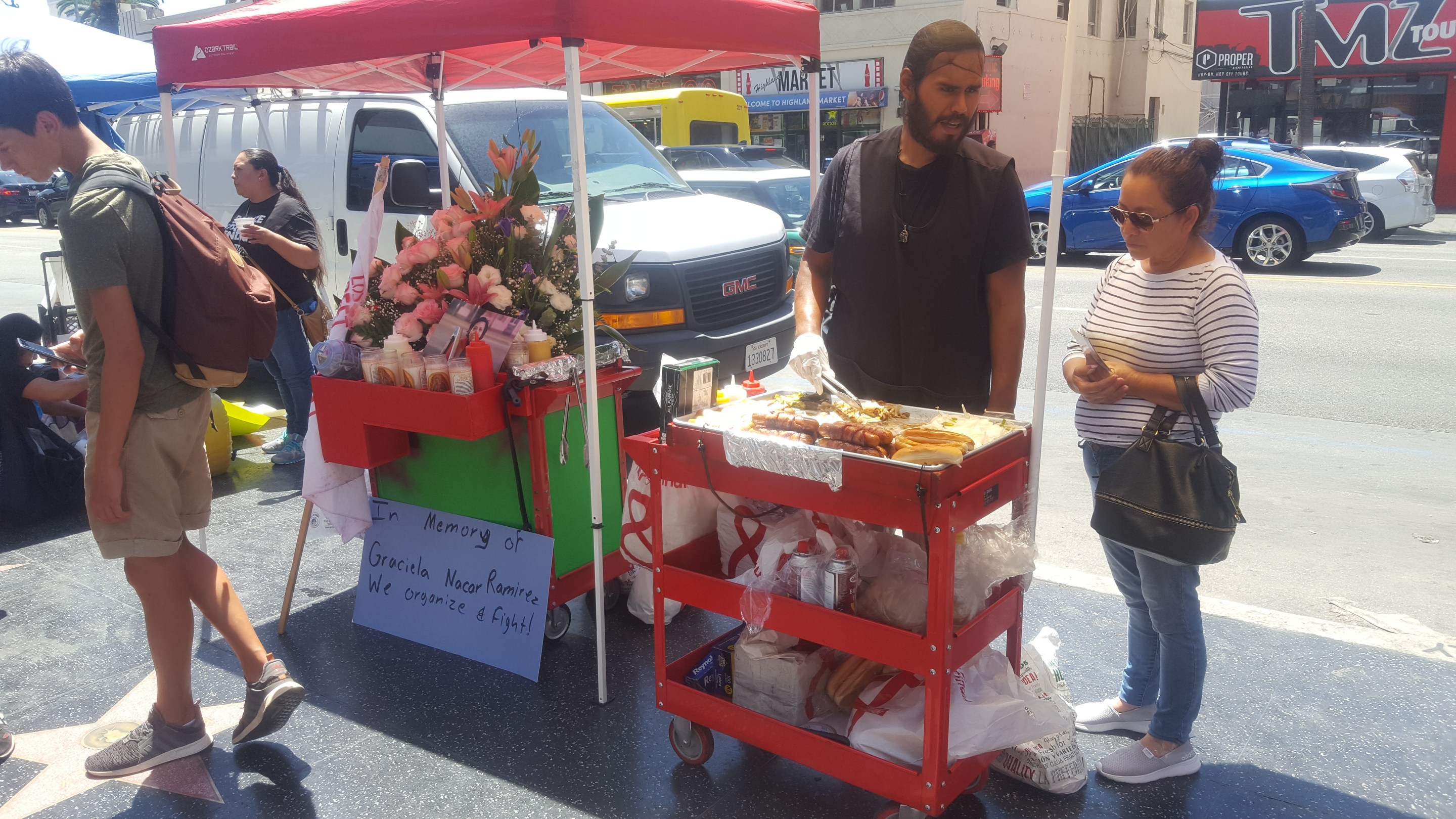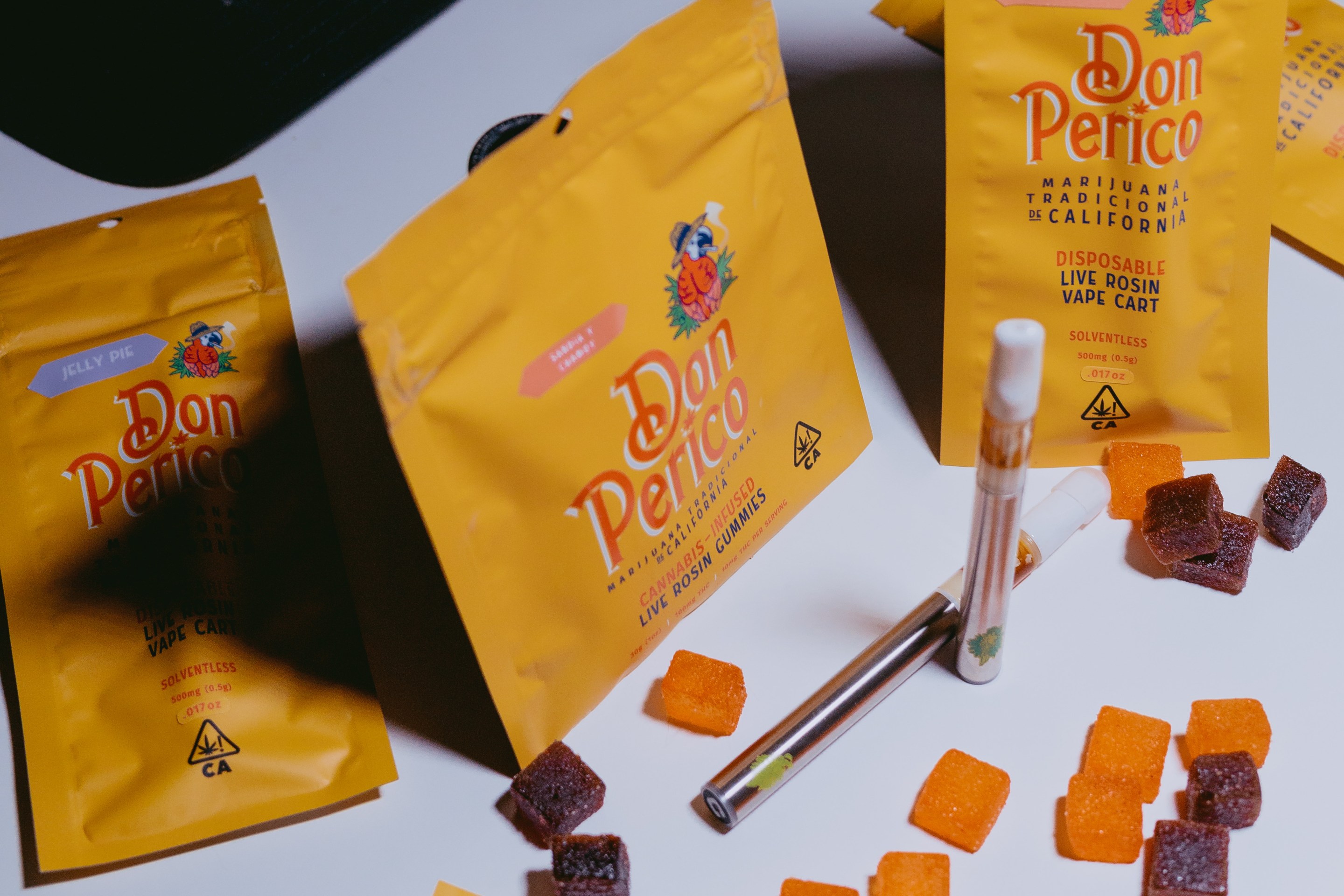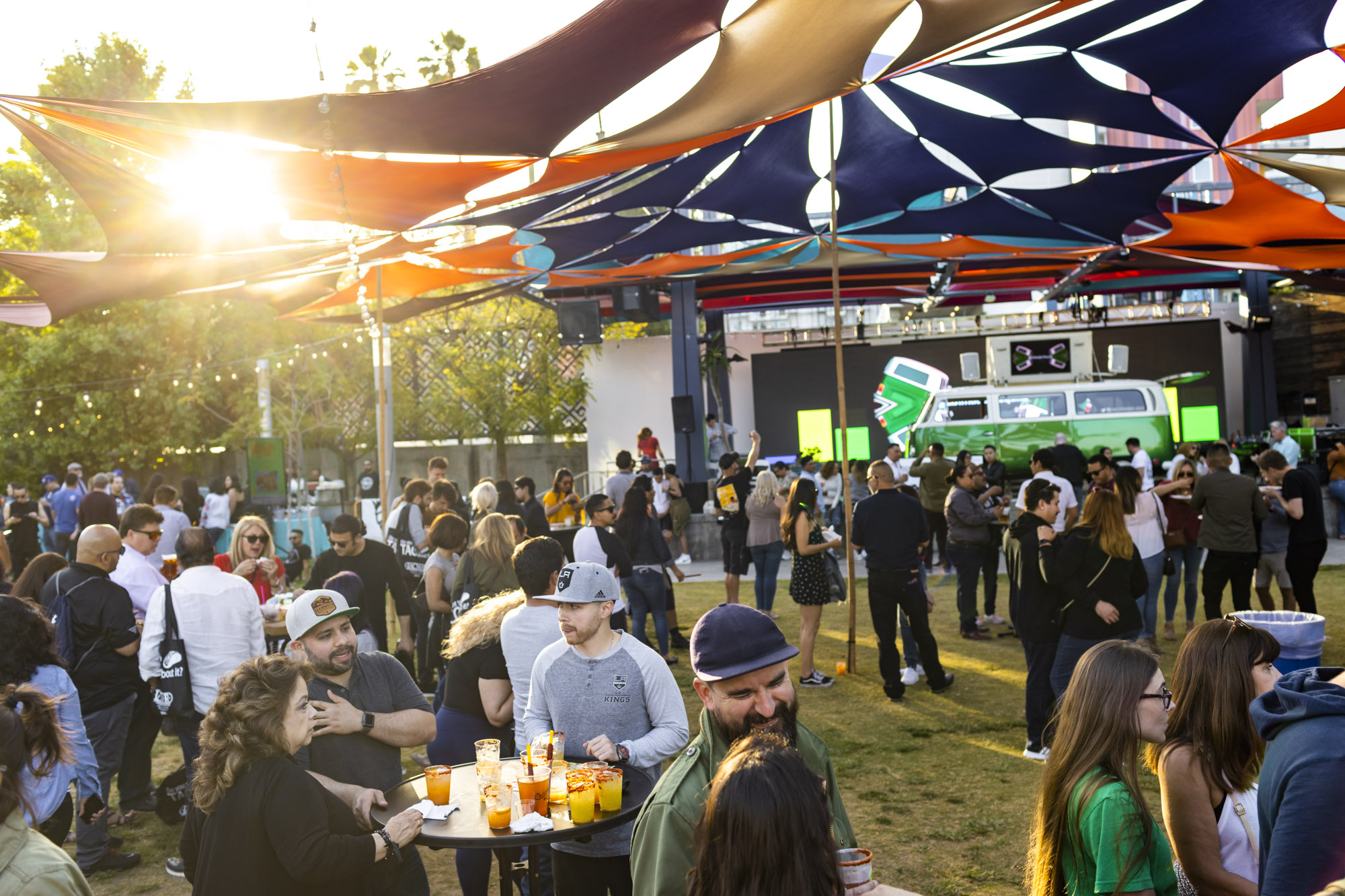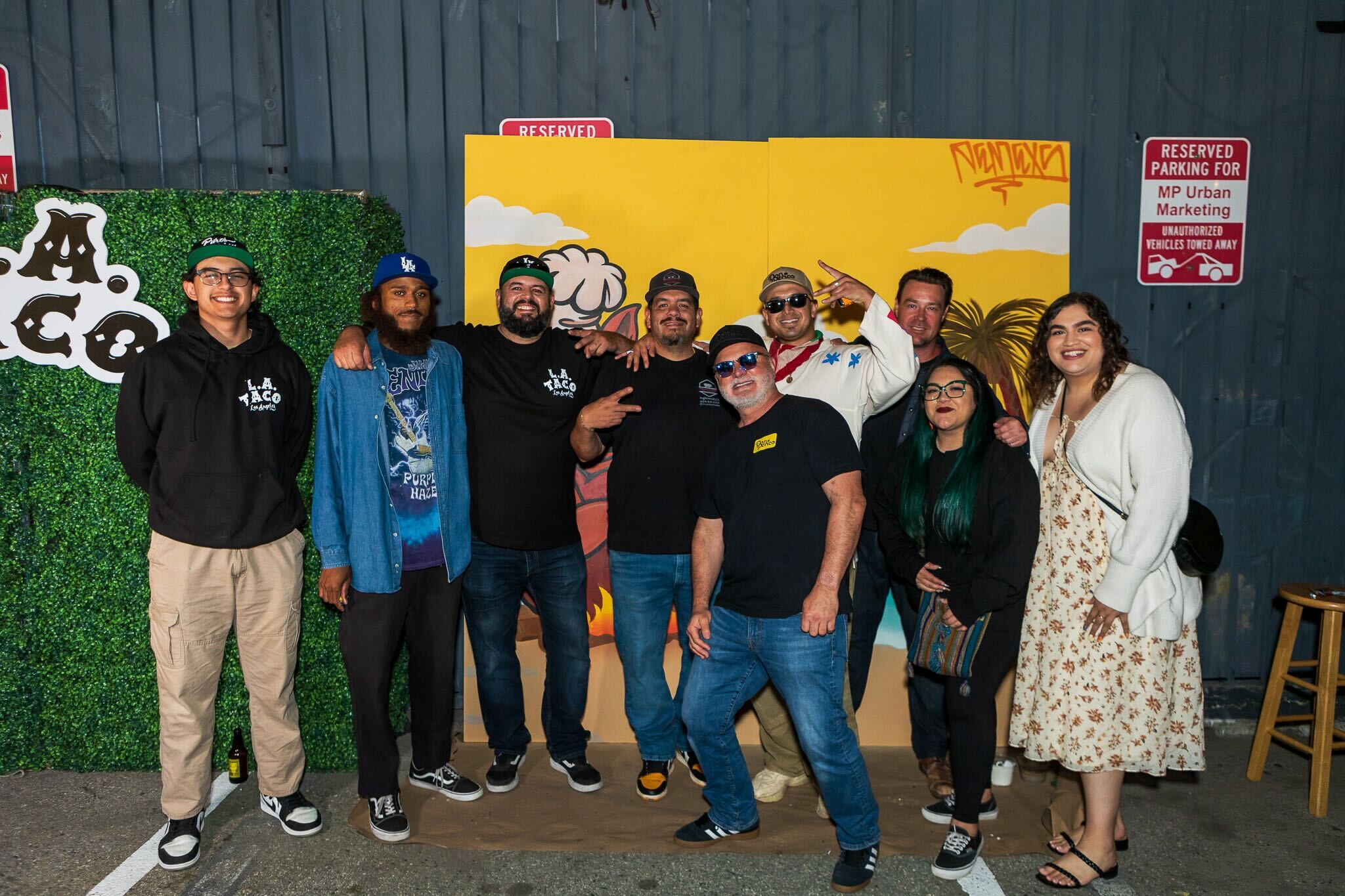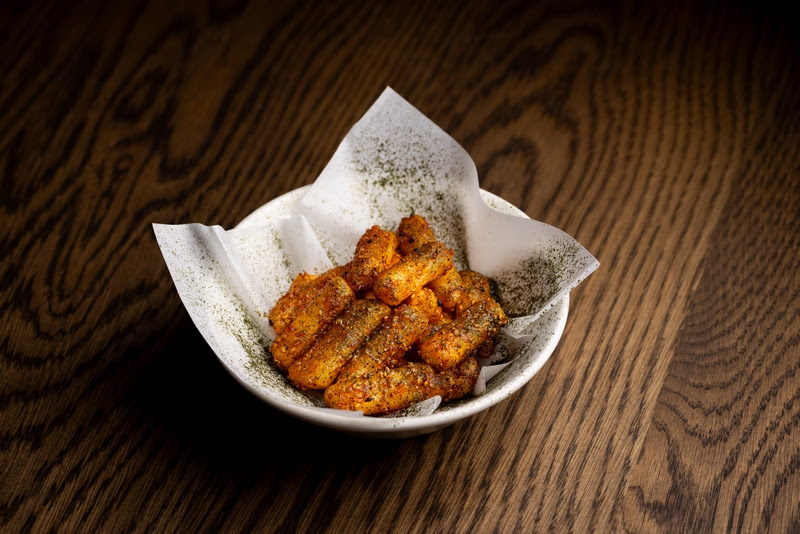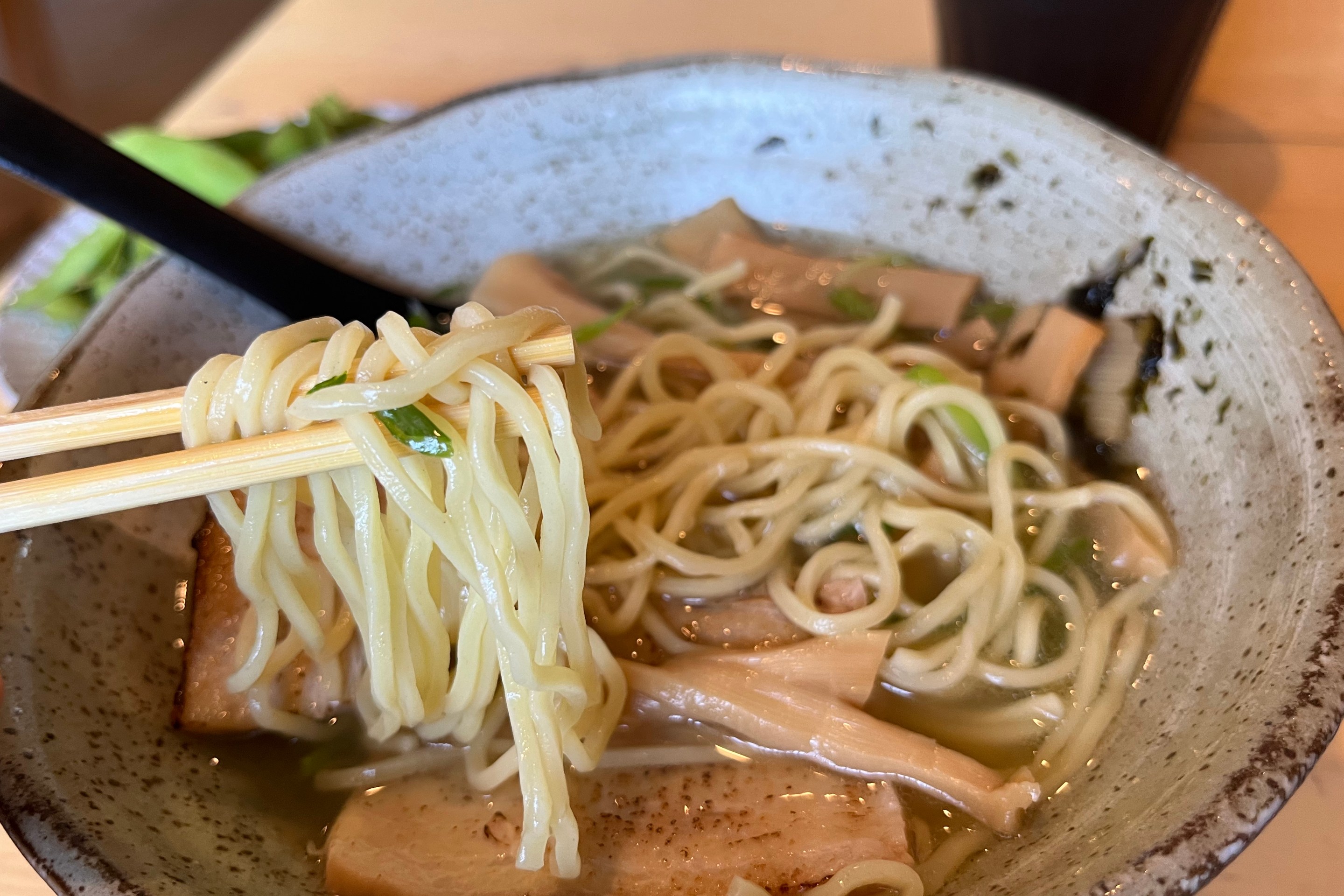You’ve seen the signs: huge block letters declaring Hollywood Boulevard and the surrounding community a “No Vending Zone,” complete with a big red line crossing out a silhouette image of a street vendor. While this intimidating signage accurately represents the economic erasure that vendors in L.A. have long experienced, the actual policy is illegal.
Like the old redlining maps and restrictive covenants that were used to segregate our city, these discriminatory zones should be struck down. Last year, our organizations joined street vendors to file a lawsuit that aims to do just that.
Almost a year after the lawsuit was initially filed and just months before the trial is scheduled to start, the City may finally see the writing on the wall. Last week, the City Council approved a motion to amend the current street vending ordinance to ensure that it is compliant with state law and to create a process for a pilot “Special Vending Zone" for Hollywood Boulevard. This is a good first step, but it doesn’t do enough.
First, a little history. For decades, street vending was banned everywhere in Los Angeles. As a result, the workers who nourished our communities, activated our streets, sustained our economy, and brought joy to our neighborhoods were at constant risk of arrest, fines, and even deportation. In 2011, a small group of vendors started building a movement with a simple demand: legalize street vending. After years of coordinated community organizing, policy advocacy, and legal strategy, our coalition grew to include hundreds of vendors. In 2018, we partnered with then-state Senator Ricardo Lara to pass SB 946, which established a statewide legal framework to decriminalize and legalize street vending across California.
After the state took action, Los Angeles finally adopted a vending ordinance and permit program. This program allowed thousands of vendors to work freely across the city without fear of criminalization. But even then, several Councilmembers added a poison pill by including “No Vending Zones” in their districts–large swaths of neighborhoods where all vending is prohibited.
This ban on legitimate work has been a disaster.
Vendors, many of whom live in these neighborhoods and have worked in these communities for decades, continue accumulating hundreds of citations, amounting to potentially thousands of dollars in fines. This takes food off the table for low-income households, traps families in poverty, and pushes vendors further away from our economy—the exact opposite of what a local street vending program should accomplish. And the harm extends beyond our City. Looking to L.A. as a model, other jurisdictions across the state have adopted copycat bans that unfairly exclude and delegitimize microentrepreneurship and dignified work.
Not just harmful, these No Vending Zones are also unlawful. The law is clear: city restrictions on vending must be directly related to an objective health, safety, and welfare concern. The restrictions cannot be arbitrary or designed to favor one type of business over another. But when adopting the blanket No Vending Zones in 2018, the City failed to provide any justification or link to public safety as the law requires.
In fact, there is no justification for such a blunt instrument of exclusion across such a large area. Consider Hollywood Boulevard. The City has banned all street vending within 500 feet of the entire Walk of Fame while simultaneously encouraging restaurant sidewalk dining tables and chairs in the same location. How can the City justify a complete ban on sidewalk vending for safety reasons while allowing restaurants to obstruct even more sidewalk space?
Vendors have tried to work with the City for years to replace these No Vending Zones with more tailored policies. In Hollywood, solution-oriented vendors repeatedly gave ideas to the former Councilmember, proposing a “special vending district” that would adjust rules to account for genuine safety issues while still permitting vending in certain secure, designated locations. Regrettably, the office was unresponsive to these ideas.
So, after years of being ignored by policymakers but targeted by enforcement officers, Hollywood street vendors Ruth Monroy and Merlin Alvarado, with the backing of the L.A. Street Vendor Campaign, filed a lawsuit.
As a result, some City officials are finally acknowledging what we’ve always known: the broad No Vending Zones violate state law. Unfortunately, the recent council motion does not, by itself, actually eliminate the discriminatory zones, nor does it direct the City to stop its current practice of issuing hundreds of citations and fines to low-income vendors struggling to provide for their families in these areas. Vendors simply cannot afford to continue losing their livelihood while a motion slowly works through multiple committees and politicized discussions.
So, we continue to ask for productive dialogue about how to address legitimate safety issues while ensuring economic inclusion. Thus far, City representatives have chosen to hide behind the council motion, refusing multiple invitations to discuss and resolve the fundamental underlying legal issues. Vendors have been cut out of the process once again, and unless this changes, we will take our lawsuit to trial in February.
One way or another, we look forward to a future where those ugly “No Vending Zone” signs are replaced with beautiful signage celebrating “Small Business Corridors”—safe and vibrant public spaces where Angelenos, tourists, street vendors, and brick-and-mortar businesses share space and all thrive together.
